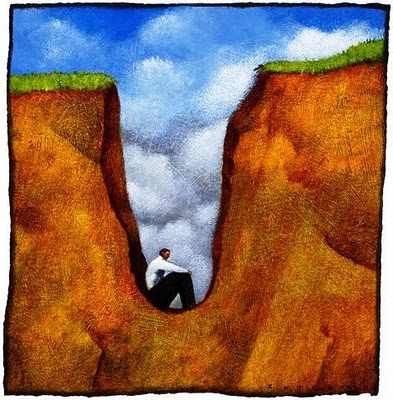Human beings are narrative creatures. As Yuval Noah Harai and others have noted, most of our basic institutions are based on some of collective fiction that would fall apart if examined too closely. This goes for things like nationalism or the idea of a nation state or even the concept of money and value. (For example, money is almost entirely imaginary at this point. 90% of is just computers sending back amounts from account to account that doesn’t really exist in any tangible way).
But humans are also narrative creatures in the sense that we view our own lives as stories with a beginning, middle and end. It’s the reason our novels and movies follow this basic format. It’s a trick of memory. Narratives are how we make sense of immeasurably complicated world. Without narratives, I think most of us would lose a sense of identity.








